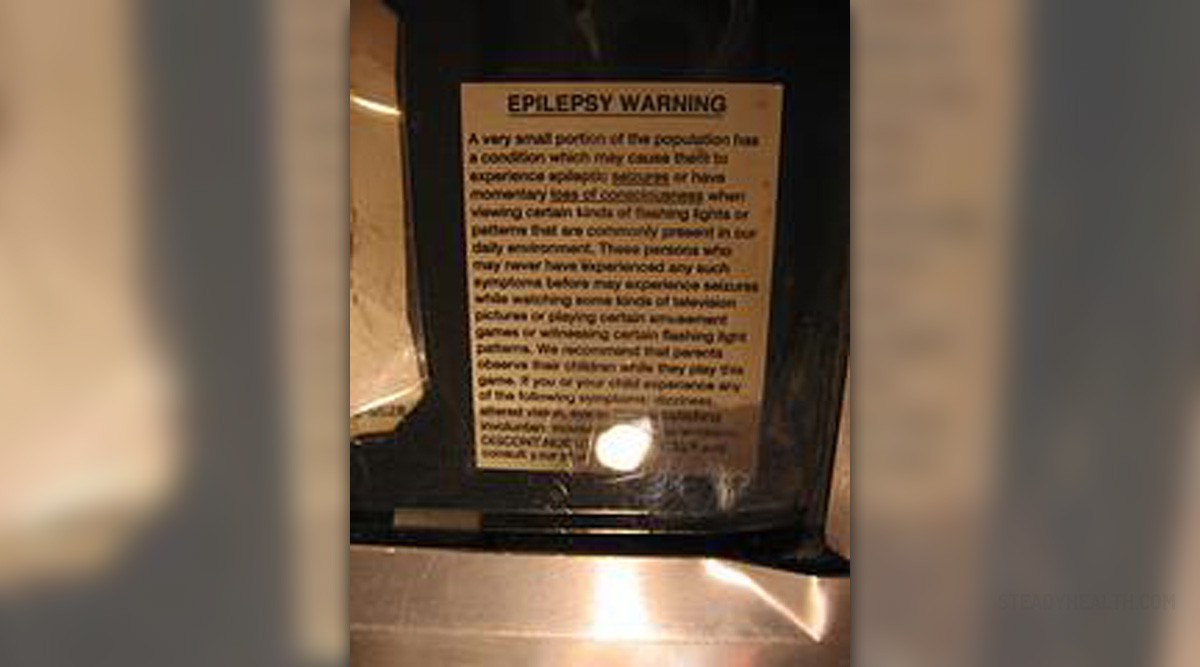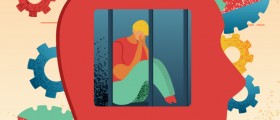
Epilepsy Problems with Memory Loss
Epilepsy is a neurological disorder characterized by recurring seizures. When the neurons in the brain are firing signals uncontrollably or more rapidly than usual a seizure is likely to occur. The intensity of seizures varies widely from person to person, and those who experience really strong convulsions often have little or no recollection of the seizure and complain of subsequent memory problems. There are numerous tips and activities that the affected individual can engage in to improve his or her memory, but it is very important that close family members and caregivers are aware of the methods that are best for helping the epileptic person in overcoming memory difficulties.Overview of Memory
Memory is a mental process which enables the recollection of past knowledge and experiences. Capacity of memory can be either short-termed or long-termed. Short-term memory is the ability to hold small amounts of information that is readily available for a relatively short period of time. No repetition or active maintenance is associated with short term memory. On the other hand, long term memory stores unlimited amount of information for indefinite periods of time. Once the information is received it is first encoded to be transferred to short term memory. If there is a need for the information to be remembered in the future it is then transported to long term memory. Every time an item is rehearsed while still in short term memory its strength in long term memory is increased. In addition, long term memory can be divided into three distinct parts, including procedural, semantic, and episodic memory. The procedural memory refers to the activities that do not involve much thinking or active recollection, such as driving a car, for instance. The procedural memory is usually stored below the conscious level and is automatically retrieved when needed. Semantic memory is associated with the memory of concept-based knowledge, such as meanings and understandings, which are not linked to any specific experiences. When it comes to semantic memory, conscious recollection is necessary but the context in which the information is needed is not. Lastly, episodic memory is the memory of times, places, emotions, and other events related to the personal life of the individual. In order to remember something, relevant information is retrieved from long term memory and placed in short term memory where it is available for use. Difficulties associated with remembering items previously stored in long term memory may be due to several distinct problems. If the information was not been properly encoded in the first place recollection problems are likely to occur. At the same time, it is possible to be unable to retrieve information that has been readily available in the past. Such periodic memory problems are usually brought upon the person through stress. If the individual is trying to focus on many things at the same time it is not unusual to be experiencing memory problems. Fatigue and acute illness can also lead to temporary memory difficulties but as soon as the person is back to normal they are naturally resolved. Further, lapses in memory become more and more frequent as the person ages. Other than temporary memory difficulties, individuals can suffer from one of the underlying medical conditions which are associated with memory loss in the long run. For instance, Alzheimer’s disease is a condition which is known to cause adverse effects on memory. Many types of head injuries or brain infections can interfere with cognitive abilities, including memory as well. Brain tumors and stroke are also relatively often to blame for memory difficulties. Finally, epilepsy, either in combination with another underlying memory affecting condition or just on its own produces both short and long term memory problems.Effects of Epilepsy on Mental Health
Individuals with epilepsy are prone to various types of psychological problems. Numerous research studies have shown that epileptic individuals are more influenced by stigma associated with their condition than the objective effects of epilepsy itself. Many affected persons restrict their activities to staying at home and trying to be isolated as much as possible in order to avoid having a seizure in public or in front of others. Whether an epileptic individual participates in social and vocational activities depends more on their perception of the condition than on the frequency or intensity of seizures. In addition, mood disorders are the most often observed psychological disturbances that follow epilepsy. Depression, for instance, coupled with anxiety, is often present and usually results in various types of inhibitions. Some of the most prominent symptoms include lack of motivation and ambition, social isolation, sleep problems, avoidance of previously enjoyable activities, loss of appetite and energy, and a general feeling of apathy. Depression can either be a side effect of medications or it can be a reaction to fear of having a seizure. Having to deal with the fact that one if suffering from epilepsy often takes a toll on the self-esteem and confidence in general.
















Your thoughts on this
Loading...